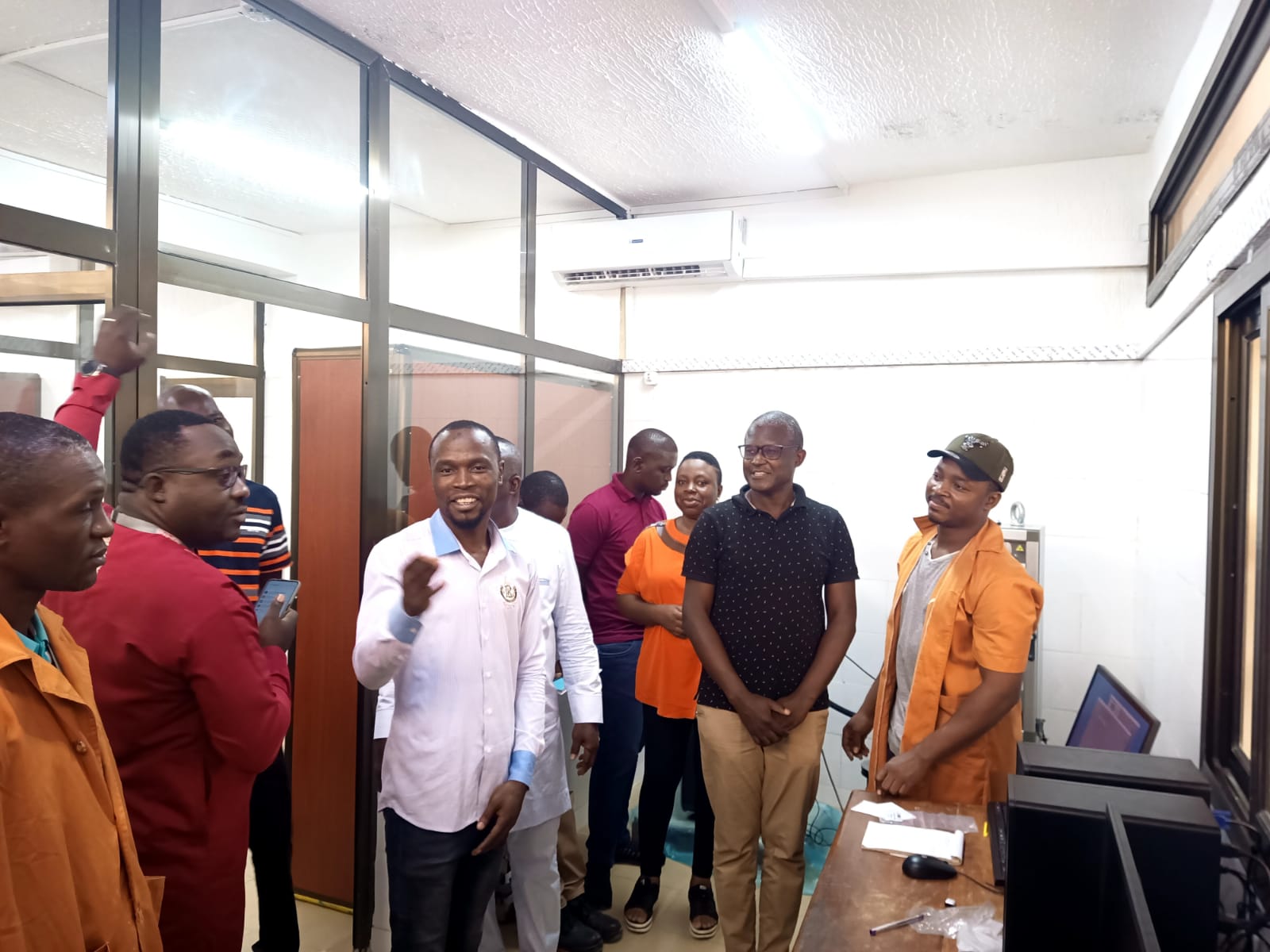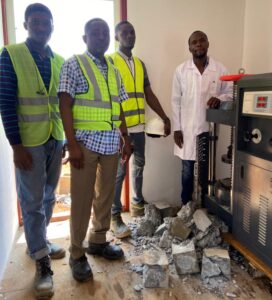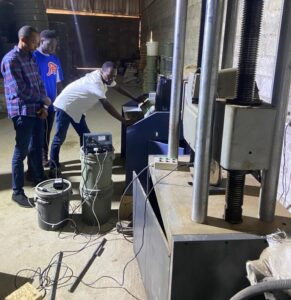The installation and training phase of material testing equipment is a critical step in ensuring accurate and efficient testing processes within a laboratory. Proper installation and comprehensive training are essential for maximizing the equipment’s capabilities and empowering laboratory personnel to perform tests accurately. In this blog post, we will explore key considerations and best practices for the seamless installation and training of material testing equipment.
- Equipment Inspection and Pre-Installation Preparation
Before initiating the installation process, it is crucial to conduct a thorough inspection of the equipment. Verify that all components are present and in good condition. Check for any signs of damage during transportation and ensure that all necessary accessories and tools are available. Pre-installation preparation involves identifying an appropriate location within the laboratory, considering factors such as space requirements, access to utilities, and compliance with safety regulations.
- Engage Professional Installation Services
To ensure a smooth and error-free installation, it is advisable to engage professional installation services provided by the equipment supplier or authorized technicians. These experts possess the necessary knowledge and experience to correctly assemble and configure the equipment, minimizing the risk of installation errors. Professional installation services also ensure that the equipment is properly calibrated, reducing the potential for inaccuracies during testing.
- Customized Training Programs
Effective training programs are vital to equip laboratory personnel with the necessary skills to operate, calibrate, and maintain material testing equipment. Engage with the equipment supplier or specialized training providers to develop customized training programs tailored to your laboratory’s specific needs. These programs should cover equipment operation, safety protocols, calibration procedures, troubleshooting techniques, and data interpretation.
- Hands-On Practical Training
Hands-on practical training is essential to ensure that laboratory personnel gain a thorough understanding of equipment operation. Training sessions should provide ample opportunities for trainees to operate the equipment under the guidance of experienced trainers. Practical exercises allow trainees to familiarize themselves with different testing procedures, sample preparation techniques, and data acquisition methods. This hands-on experience enhances their confidence and competence in using the equipment.
- Calibration and Maintenance Training
In addition to operational training, it is crucial to provide thorough training on calibration and maintenance procedures. Trainees should learn how to calibrate the equipment regularly to maintain accuracy and reliability. They should also understand the preventive maintenance requirements and perform routine maintenance tasks to ensure the longevity and optimal performance of the equipment. This training empowers laboratory personnel to take ownership of equipment maintenance and reduce the risk of unexpected breakdowns.
- Ongoing Support and Refresher Training
The learning process does not end with the initial training sessions. It is essential to establish a system for ongoing support and refresher training. Suppliers or training providers should offer post-installation support, including access to technical assistance, troubleshooting guidance, and updates on the latest developments in testing methodologies. Periodic refresher training sessions can help reinforce skills and address any knowledge gaps that may arise over time.
Conclusion
The successful installation and training of material testing equipment are crucial for the efficient and accurate operation of a laboratory. By engaging professional installation services, customizing training programs, providing hands-on practical training, and emphasizing calibration and maintenance procedures, laboratories can ensure that their personnel are proficient in using the equipment. Ongoing support and refresher training further enhance the expertise of laboratory personnel, enabling them to maintain the equipment’s performance and deliver reliable test results. Invest in proper installation and training to unlock the full potential of your material testing equipment and achieve excellence in your testing operations.



